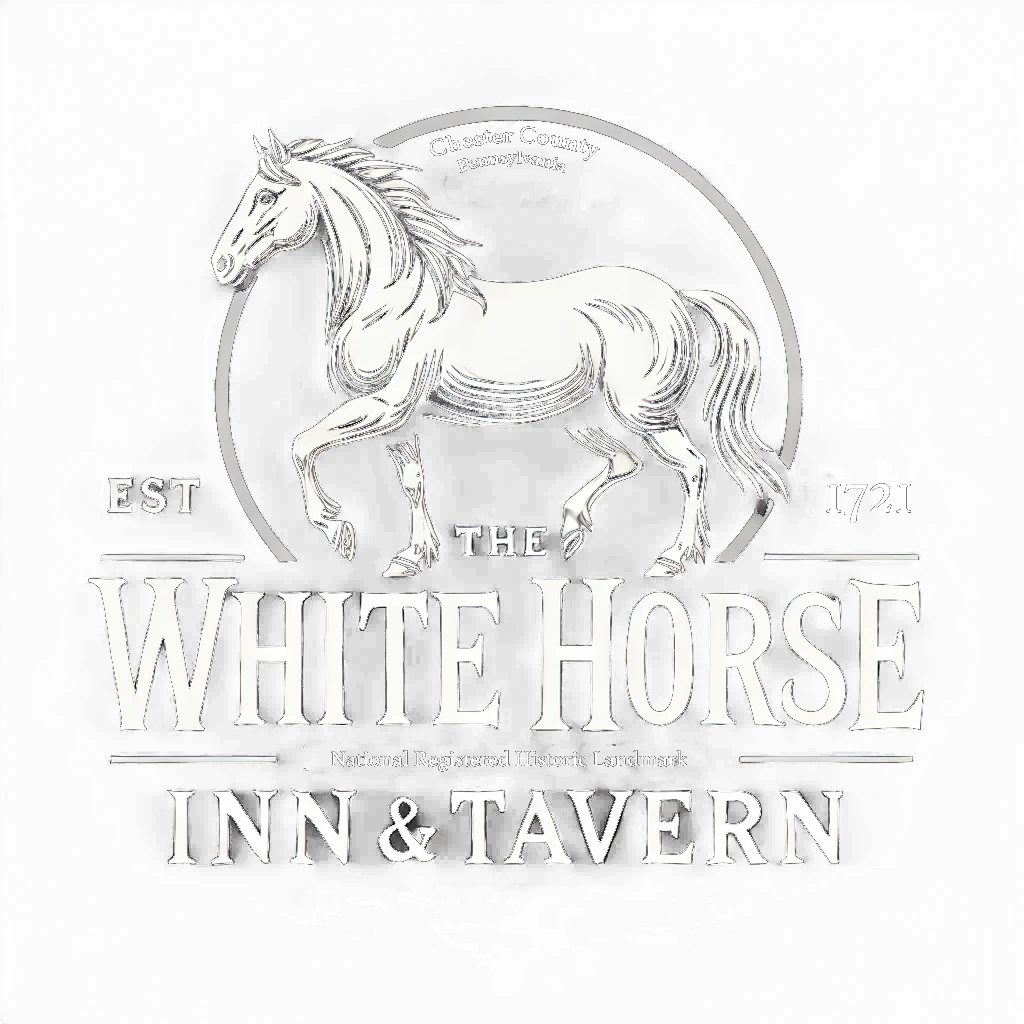[Camp near Pottsgrove, Pa., 23 September 1777]
At a Council of War held at the Camp near Potts Grove the 23d day of Septemr 1777.
Present His Excellency the Commander[,] Major Generals Sullivan[,] Green[,] Lord Stirling[,] Stephen[,] Armstrong[,] Brigadiers General Knox[,] Weedon[,] Nash[,] Scott[,] Conway[,] Potter.
Besides the above Major Genl St Clair and John Cadwolader Esquire were also present.
His Excellency informed the General Officers that the Reason of his calling them together was to acquaint them that the Enemy had, the preceeding night, crossed the Schuylkill by several Fords about twelve Miles below and by the best accounts were proceeding towards Philadelphia. He also informed them that the Troops under Generals Smallwood & Wayne had not yet rejoined the Army and that a Brigade of Continental Troops under the command of General Mcdougal might be expected in a few days from Peekskill and about one thousand Militia from Jersey under Genl Dickinson in the same time—He therefore desired the opinion of the Council whether it would be most advisable to advance upon the Enemy with our present Force or wait till the Reinforcements and detachments above mentioned should come in?
Previous to taking the Voices upon the foregoing Question His Excellency begged leave to inform the Council of the present state of the Army and the Reasons which had induced him to make the late Movements which (tho’ well known to most of them) were not so fully to Major Genl Armstrong and Brig: Genl Potter who had been detatched from the main Body of the Army—this being agreed to, His Excellency proceeded to inform the Council That when the Army left Germantown upon the 15th instant it was with a determination to meet the Enemy and give them Battle whenever a convenient opportunity should be found—that they advanced the same day to the Sign of the Buck and the day following to the Warren Tavern upon the Lancaster Road. On the 17th in the morning intelligence was brought that the Enemy were advancing upon which the Army were paraded and a disposition made to receive them, the pickets had exchanged a few shott when a violent Storm of Rain which continued all the day and the following Night prevented all further operations. Upon an examination of the Arms and Ammunition on the 18th it was found that the former were much impaired and all the latter that was in Cartouch Boxes was intirely ruined, wherefore it was judged expedient to withdraw the Army to some place of security untill the Arms could be repaired and the Ammunition recruited. Before this could be fully effected advice was received that the Enemy had quitted their former position near the White Horse Tavern and were marching down the Road leading to the Swedes Ford, but the Army not being in a condition to attack them owing to the want of Ammunition, it was judged most prudent to cross the River at parker’s Ford and take post in the Rear of the Fat Land Ford opposite to the Enemy. In this position the Armies continued for two days when on the 20th instant that of the Enemy appeared to be in motion, and from our own observation and the accounts of our reconnoitering parties were marching rapidly up the Reading Road this induced us to move up likewise ⟨to hinder them⟩ from crossing above us and by getting between us and Reading take an opportunity of destroying a large collection of military Stores deposited there. On the Night of the 20th the Army decamped and marched up to the Trap and on the 21st to within four Miles of Potts Grove, the Enemy’s Van then being at French Creek upon the West side of Schuylkill. In the Night of the 22d advice was received that the Enemy had crossed schuylkill at Gordons Ford below us, but the account was again contradicted, but in the Morning of the 23d, certain accounts came to hand that they really had crossed in large Numbers and were moving towards Philada. His Excellency further informed the Council that the Troops were in no condition to make a forced March as many of them were barefooted and all excessively harrassed with their great Fatigue. The Question being then put—The Council were unanimously of opinion That, from the present state of the Army it would not be adviseable to advance upon the Enemy, but remain upon this Ground or in the Neighbourhood till the detatchments and expected Reinforcements come up.
—The Papers of George Washington, Revolutionary War Series, vol. 11, 19 August 1777 – 25 October 1777, ed. Philander D. Chase and Edward G. Lengel. Charlottesville: University Press of Virginia, 2001, pp. 294–298.
